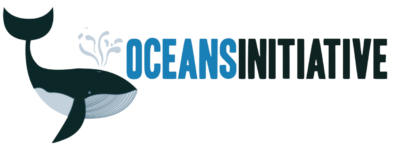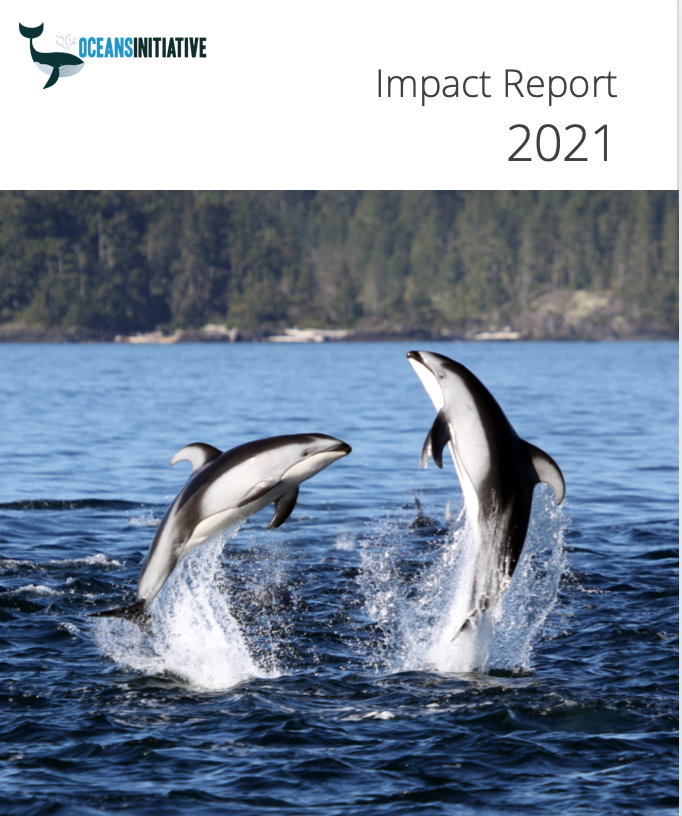This year, we were reminded that the changing planet will affect us all. As flood waters threatened his new home in British Columbia just months after nearly losing his home to fire in California, writer Malcolm Johnson remarked, “It’s also hard to believe that when we moved back to BC from California, not long after almost losing our home to an out-of-season wildfire, we thought we were moving away from climate disasters. But the truth is that there’s no away.”
There is no away for wildlife that have evolved over millennia to occupy particular habitats and ecological niches. In fact, it is precisely this variety of unique ecological roles that captivates us as scientists, inspires awe, and drives us to learn more. The things that make animals special and bring us into their world can be the very things that make them vulnerable.
Among the extraordinary animals we at Oceans Initiative study in order to protect: walrus and belugas that rely on icy habitats; river dolphins, nearly blind, using sound to swim through submerged forests in the Amazon River; and of course, killer whales evolving particular ways to make a living in the sea, with populations specializing on prey ranging from herring to salmon to stingrays and sharks.
For these animals, there is no away. They cannot occupy new habitats if we degrade or destroy the critical habitats they have occupied for millennia. After evolving cultural traditions (and anatomical adaptations) to hunt specific prey items, orcas cannot switch from eating salmon to jellyfish, just because we’ve destroyed their prey base.
But what about us? Human evolution is taking place over millions of years, but humans are rare in that our cultural and technological evolution can also take place in the blink of an eye. We can change our behavior, so the onus is on us to fix the environmental problems we have caused, collectively.
How do we make real change? How is change born? After such a rough few years, do we still have the capacity to change? I hope so, because countless lives depend on our ability to change. Change can feel overwhelming, because it is. When faced with complex challenges, it can be alluring to just keep “admiring the problem” as former President Obama said, and do nothing. We find there is power and joy in creating change together.
Human ingenuity and creativity allow us to take large problems, and break them down into smaller solutions quickly. But sometimes the enormity of what has been lost, and the changes we will see in an ever-warming climate, can seem too much to bear. So we need to build resilience to stay on the path together.
One way we do this is to look for joy in our work. We find joy in the beautiful animals we study and the magic of this planet. We see joy in the teams and partnerships we build and the inspiring people we meet. And, when we reflect on our unique place in this world, and see that our strengths and gifts are needed, we can take a small step and then another on a joyful journey toward healing the world.
Oceans Initiative is committed to this joyful journey to build resilience and make change in the world. We hope you will join us.


